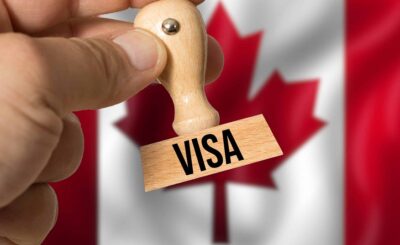Winning a judgment in a civil case sets in motion a collection process that could take years to complete. Judgment creditors, or plaintiffs if you will, may choose to turn to a judgment collection service to move things along. A good judgment collection service stands a better chance of success than a creditor who tries to collect in-house.
If you are not sure exactly what a judgment collection service does, this post explains it all in detail. As you read, keep in mind this startling statistic: 80% of all judgments go forever uncollected.
Creditors do not have the knowledge or resources to do the job right. That’s why it makes sense to bring in a judgment collection service with a good track record of successful collections.
Civil Courts, Judgments, and Enforcement
Civil courts deal with cases that are not criminal in nature. Generally, we refer to such cases as lawsuits. Because civil cases are not criminal, charges are not levied and sentences are not passed on the guilty. Instead, claims are filed, and judgments are entered.
A judgment is the civil court equivalent of a guilty verdict. When a judgment is entered against a defendant, the court essentially orders the defendant to pay up. In some cases, there may be other penalties attached.
As for enforcement, courts do not get involved. It is up to creditors to collect on their own. They may attempt to do it in-house or turn it over to their attorneys. Some bring in judgment collection services.
A Specialized Collection Agency
A judgment collection service is essentially a specialized collection agency that concentrates its efforts mainly on judgments. Some of them, like Salt Lake City’s Judgment Collectors, work exclusively in the judgment arena.
Because judgments are all they work on, judgment collection services know the game inside and out. They are intimately familiar with the law and the courts. They know what the law allows them to do. They are experienced with all the tools the law makes available to them.
Skip Tracing and Property Searches
Reputable judgment collection services tend to excel in two things: skip tracing and property searches. Without these two tools, it can be very difficult to extract payment from a debtor who knows how to game the system. With that in mind, here are a few more details:
Skip Tracing
Skip tracing is an investigative tool designed to find debtors who have left town. Whether a debtor has moved to another county, to the other side of the state, or half-way across the country, a skilled skip tracer can find them. Skip tracers utilize public records, social media, and a variety of proprietary databases that aren’t available to most people.
Property Searches
The threat of property seizure tends to be very motivating when debtors don’t want to pay. Unfortunately, debtors are often advised by their attorneys to hide their assets. Judgment collection services must therefore run all sorts of property searches to uncover assets debtors don’t voluntarily reveal. Just as with skip tracing, they can access public records and proprietary databases.
The Most Qualified for the Job
One last thing to know about judgment collection services is this: they are the most qualified for the job. Attorneys may offer to handle collection on behalf of their clients, but most attorneys don’t specialize in collections. As for standard collection agencies, they do not have the experience or knowledge to do the best job possible.
Judgment collection services are unique collection agencies with specialized skills and plenty of resources. Where others fail to collect on outstanding judgments, the best among them tend to succeed.









